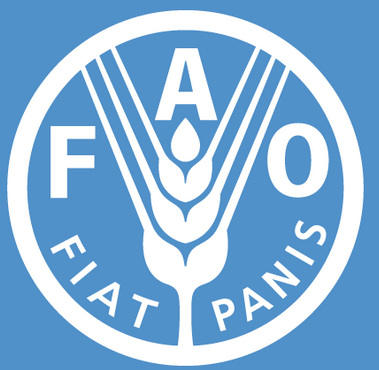FAO sensitises stakeholders on agricultural innovations
 The United Nations Food and Agriculture Organization (FAO) has held a day’s workshop to sensitise stakeholders in the agricultural sector on antimicrobial resistance (AMR) and antimicrobial use (AMU) to help promote good agricultural practices among farmers.
The United Nations Food and Agriculture Organization (FAO) has held a day’s workshop to sensitise stakeholders in the agricultural sector on antimicrobial resistance (AMR) and antimicrobial use (AMU) to help promote good agricultural practices among farmers.
It was also to equip agricultural and veterinary personnel, drawn from the Northern, Upper West and Upper East Regions, with the requisite capacities to practise good antimicrobial stewardship in agriculture.
Dr Abebe Haile-Gabriel, FAO Country Representative, whose speech was read on his behalf at the workshop in Tamale, said increased awareness creation among stakeholders would convey the needed knowledge and skills for AMR control, and facilitate the contribution of each category of stakeholders to fight against the resistance menace.
AMR occurs when microorganisms such as bacteria, viruses, fungi and parasites change in ways that render the medications used to cure the infections they cause ineffective.
This leads to high cost of treatments, increased mortalities, decreased agricultural production, decreased food availability and safety, and a drain on the national economy.
According to a World Bank report released earlier this year, AMR could lead to a decline in global annual gross domestic product of between one per cent and four per cent, and could diminish global livestock production by between three per cent and eight per cent.
In view of this, Ghana has developed a National Action Plan on AMR, which is awaiting launching and mainstreaming.
Dr Haile-Gabriel urged all to desist from inappropriate use of antibiotics especially as prophylactic agents and growth promoters in livestock and fisheries sectors.
He pledged the commitment of FAO to support the country in the implementation of her National Action Plan on AMR especially in the area of improving awareness on AMR and related threats to address AMR.
He told the stakeholders that “In taking the One Health approach forward, we should focus on developing integrated responses across sectors, and capitalise on their comparative advantages so as to create more targeted, efficient, and cost-effective responses.”
Dr Bashiru Boi Kikimoto, Head of Public Health and Food Safety Division of the Veterinary Services advised farmers to ensure that antibiotics worked fully in animals before slaughtering them for human consumption for safety of the public.
Source: GNA
